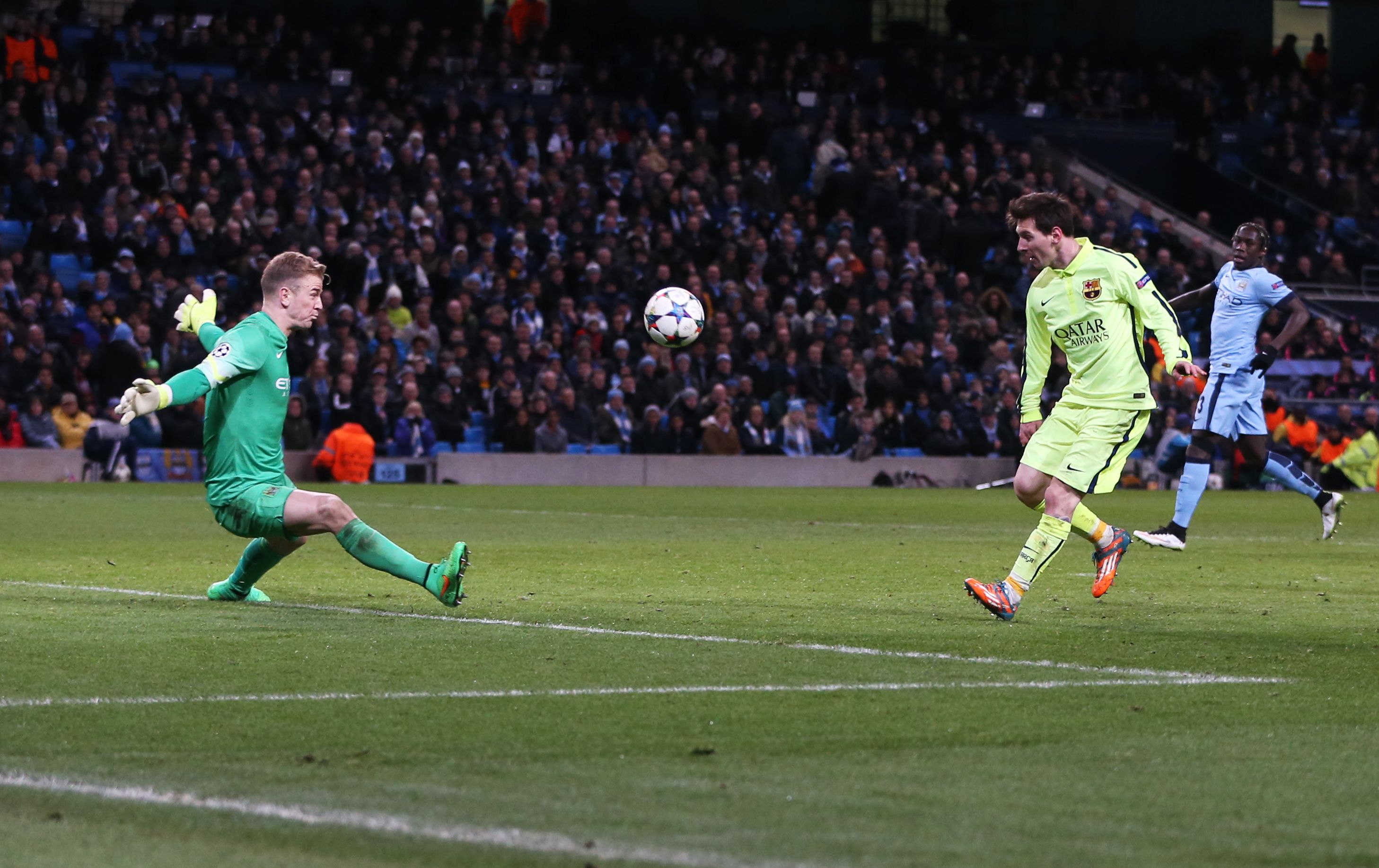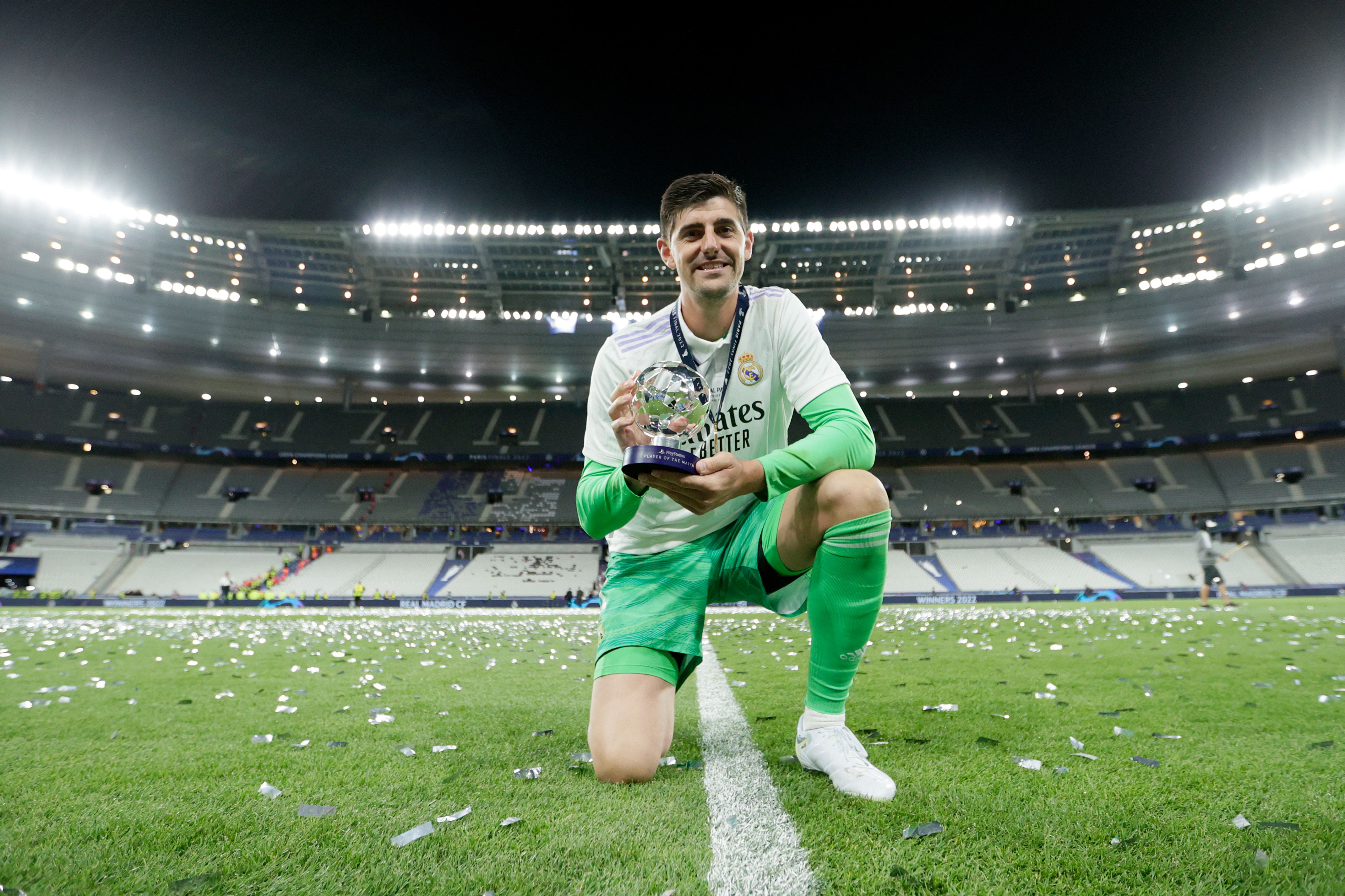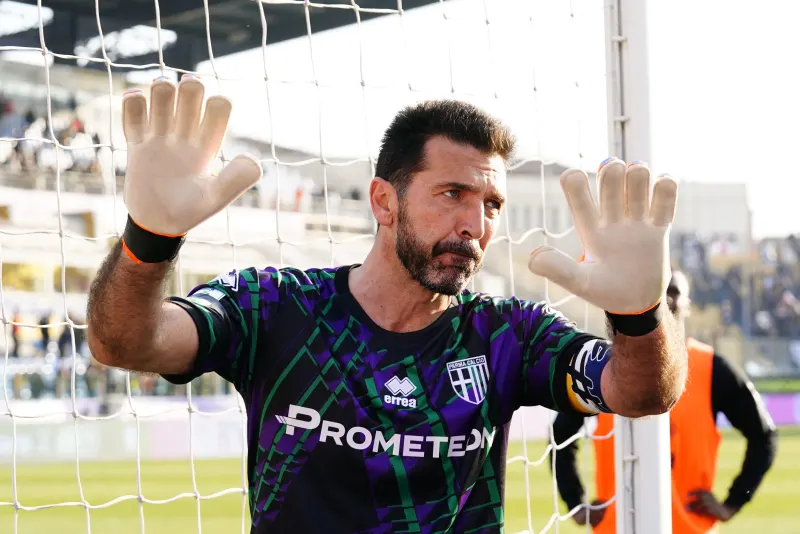Those between the sticks rarely find their names inscribed on the trophies of football's greatest individual awards…
1963 was an anomaly year for the goalkeeper.
In a rare moment of clarity and recognition, Lev Yashin received the Ballon d’Or. Yashin, who was notoriously nicknamed the ‘Black Spider’, pipped the likes of Jimmy Greaves and Eusebio in the rankings, and remains the only goalkeeper to have scooped the award. For a split-second, the goalkeeper had superseded all other positions as the most appreciated role on the pitch.
The shot-stopper was posthumously named in the Ballon d’Or Dream Team in 2020 and voted the best goalkeeper of the 20th century by the International Federation of Football History and Statistics. Yashin’s reputation and accolades demonstrate that he is the best, befitting of football’s most celebrated and revered individual prize. But, why have no others been able to follow in his footsteps?
Other goalkeepers have come close and couldn't have accomplished more. Just ask Gianluigi Buffon or Oliver Kahn. In 2006, the composed Italian stood alone. The Azzurri had defied the odds and escaped the tainted shadow of the Calciopoli cheating scandal by winning the World Cup. Buffon won the Golden Glove as the tournament’s best goalkeeper, keeping a record of five clean sheets.
This international success meant he was named second in the Ballon d’Or rankings. But, similarly to 1963, 2006 was also a deviation from the norm. Instead of the goalkeeper, the pendulum swung in favour of a centre-back. Fabio Cannavaro, Buffon’s teammate and Italy’s captain at the World Cup, secured the award. This marked the last time a defender was the globe’s most prestigious talent.
Kahn may feel even more harshly treated. The stern-faced German is the only goalkeeper to finish in the top three of the Ballon d’Or rankings more than once. In 2001, Kahn saved three penalties in Bayern Munich’s shootout victory over Valencia in the Champions League final. The following year, he took home the Golden Ball at the 2002 World Cup and is still the only goalkeeper in the tournament’s history to win the award.
In two years, Kahn single-handedly clinched European superiority with the Bavarian Giants and was on the cusp of International immortality with Germany: he exhausted his resources. Manuel Neuer also finished third in 2014, winning the World Cup and revolutionizing the game with his bold spin on the sweeper 'keeper role, but was beaten by over 20% in the vote by Cristiano Ronaldo.
Perhaps it isn't surprising that a shot-stopper hasn’t claimed the Ballon d’Or for over 60 years. Could goalkeeping be an ‘undesirable’ position. After all, there is a lack of understanding and often an unwillingness to learn about its complexities.
Goalkeeping is antithetical to the sport of football. The foundations of the beautiful game are predicated by swift scintillating passages of attacking football and last-minute goals. Goalkeepers are strictly programmed to prevent this and have suffered.
"Everything you're doing as a goalkeeper, at some point, viewers don't want to see that," said goalkeeper analyst Bill Reno to ESPN. "Think of a 0-0 game. Typically, people are not excited about that, even if you saw the most amazing everything in the game, but minus scoring."

That makes it difficult for goalkeepers to forge an irresistible and eye-catching storyline to win the award. "The whole position is just breaking everyone else's narrative," he said. "So I think it's tough for a goalkeeper to fill that, for what voters are looking for."
Have we developed a dismissive view of goalkeepers? Perhaps the clearest support of this theory occurred in 2022. Thibaut Courtois won La Liga and the Champions League. In the final of the latter against Liverpool, he was unbeatable. The impenetrable Belgian produced a string of astounding stops to ensure that Europe’s glamorous showpiece made its way home to central Spain.
However, Courtois only achieved seventh place and strongly voiced his discontent: “Naturally, being in the top 10, it’s fantastic, but unfortunately when voting comes, ‘keepers are being overlooked with strikers being favoured. It’s not such a big deal but 'keepers are being underestimated, although we’ve been participating in the game much more, sometimes almost as playmakers.”
Intentionally or not, an underlying and painfully obvious argument has formed to overlook the goalkeeper for football’s most decorated individual award. There is a reluctance to recognise and congratulate their importance. Goal-addicted strikers and spellbinding playmakers take centre stage on almost every occasion.
The goalkeeper's time in the spotlight is momentary and their contributions receive less acclaim. Given the cases of Buffon, Kahn, Neuer and Courtois, it has arguably reached the point where a goalkeeper can't win the award. It begs another nagging question: how did Yashin manage to achieve the seemingly unachievable in 1963?

Journalist and author Jonathan Wilson noticed that Yashin’s influence transcended beyond the football pitch and his “celebrity” status in the Soviet Union catapulted him to the forefront of the sporting landscape. "He clearly was a brilliant, brilliant goalkeeper. He was very charismatic," Wilson said. "He was very distinctive in the way he dressed ... this sort of iconic shirt, the flat caps."
Yashin also had a few timely interventions. Toward the end of 1963, the Rest of the World XI played against England at Wembley as part of the FA’s celebration to mark the 100th anniversary of association football. Yashin was the goalkeeper and performed impeccably. He also benefited from the ruling that only European players could win the Ballon d’Or. From 1995, it was expanded to include players of any nation, who played at a club in the continent.
Since then, the dazzling South American quartet of Lionel Messi, Kaka, Ronaldo and Ronaldinho destroyed the goalkeeper's dream of global dominance. Moreover, the endless tug-of-war between Messi and Ronaldo between 2008 and 2017 virtually eradicated anyone else's chances.
The introduction of the Yashin Trophy in 2019 – an annual award for the best-performing goalkeeper – has sparked another feverish debate: why would a goalkeeper get Ballon d’Or votes when they now have a specific trophy? Was it a tactic of polite appeasement, complete silencing, or an indirect conclusion that the goalkeeper will never return to the leading spotlight?
Although it's a positive step, it defeats the goalkeeper’s campaign to be the most elite player on the planet when they’re only fighting their positional peers.
Our longing for aesthetics and art has plunged the goalkeeper into the abyss. Their match-defining actions are not disregarded but are placed upon a lower pedestal. The way back to the very top is long and has arguably become unattainable for goalkeepers. We will wait for this to change.








